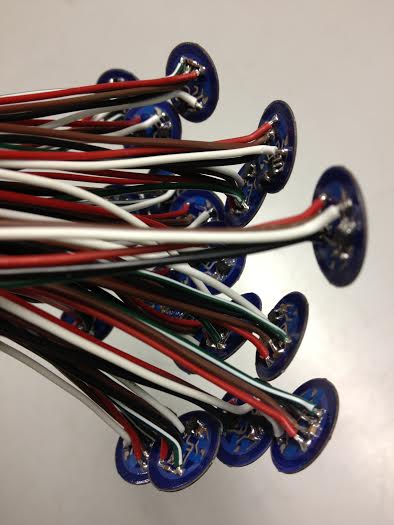Titanium has become an increasingly popular material for use in electronics due to its excellent thermal and electrical properties. It is lightweight, yet strong, and is resistant to corrosion and rusting, making it ideal for use in a wide variety of electronic applications. Titanium is also non-magnetic and non-toxic, making it safe for use in a variety of environments.
The main benefit of using titanium in electronics is its low weight and strength. This makes it ideal for use in applications where weight and strength are critical, such as in aircraft, satellites, and space vehicles. You can browse this site to learn more about the benefits of titanium for electronics.

Image Source: Google
Titanium is also highly resistant to corrosion and rusting, making it suitable for use in areas where corrosion could be an issue. Additionally, titanium is a good conductor of electricity, making it well-suited for use in circuits and other devices.
There are several different types of titanium used in electronics. The most common type is titanium-6AL-4V, which is often used in aircraft and other military applications due to its high strength and low weight. Other types, such as titanium-3AL-2.5V, are used in medical and industrial applications due to their resistance to corrosion and rusting. Finally, titanium alloys, such as titanium-4-4-2 and titanium-4-4-2-2, are commonly used in electronics due to their excellent electrical and thermal properties.
Titanium is used in a wide variety of electronic applications, including circuit boards, connectors, and wires. It is also used in antennas, as well as in the manufacture of printed circuit boards. Titanium is also used in the production of batteries, as its low weight makes it ideal for use in mobile devices. Finally, titanium can be used in medical implants, as its non-magnetic and non-toxic properties make it safe for use in the human body.